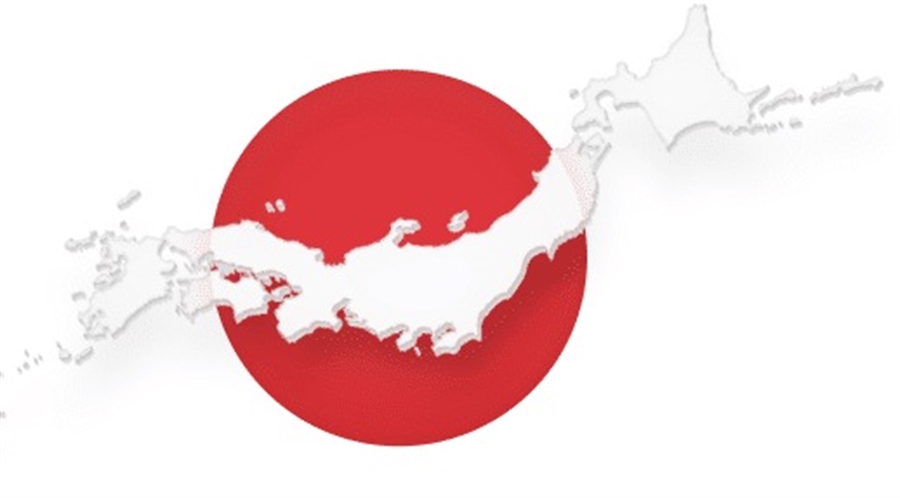For a long time, Japan has been perceived as a tech-oriented country, exporting a futuristic pop culture to the world, and those who visit can actually find the neon-lit megacities they’re looking for, operating cleanly twenty-four hours a day. At the same time, though, there are aspects of Japanese daily life that remain firmly analogue, and have, up to now, shown little intention of shifting.
That applies in particular when it comes to money, as cash payments, and the carrying of cash, still prevail. This is not to say that cashless options are not also common, but it’s noticeable that cash still reigns. You can certainly encounter official documents being verified using hanko (an ink-saturated name stamp), and while it would be an exaggeration to say that fax machines are common, they are, occasionally, still utilized for certain kinds of business interactions.
A curious mixture, then, in which long-standing methods of doing business are still firmly central in everyday life, but where there is now a concerted push, coming from private corporations and from the government, to embrace web3, NFTs, and the metaverse, along with the broader concept of a digital recalibration.
The NFT White Paper
In the first half of last year, we saw the LDP (Japan’s ruling party) publish a document called NFT White Paper: Japan’s Strategy for the Web 3.0 Era. It’s a formal and serious crypto dive that focuses on issues such as IP and taxes, but as part of its concluding remarks, it states that “we should not allow our fear of policy failure or concern over potential side effects, to ruin our chances for future economic growth, the kind of which that arrives only once every few decades”.
Taxes are, in fact, a core issue in need of change, since current rules require crypto entities to pay taxes on any tokens listed on exchanges, even if they are unsold, and if some of the same tokens are held in a treasury, then those will be taxed too. This amounts to a tax on unrealized gains and makes Japan an inhospitable environment for crypto startups, an obstacle which is addressed in the white paper.
One crypto company that left Japan as a result of this difficult environment is Astar Network, which relocated to Singapore, and whose founder, Sota Watanabe, established a program to assist other Japanese crypto companies in a similar position. With both Singapore and Hong Kong maneuvering to become Asian crypto capitals, Japan will need to act decisively…
























